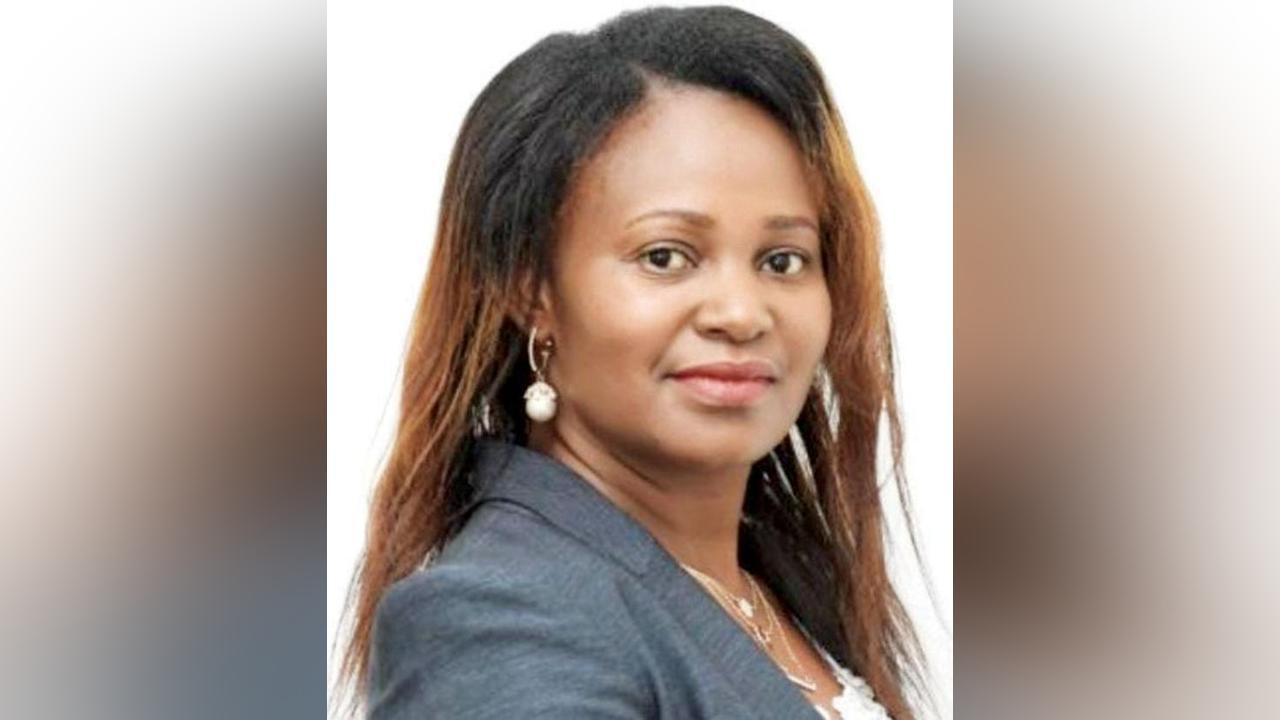By Moses-KunkuyuBy Mercy Matonga
Africa-Press – Malawi. For the 61st time, Malawi celebrates its independence Sunday.
The national mood is a mix of pride in the country’s democratic journey and frustration over decades of economic stagnation.
Since gaining freedom from the British colonial rule in 1964, Malawi has become a beacon of political stability.
It has held regular elections over the past 30 years, witnessed peaceful transfers of power, and maintained a vibrant press and civil society.
In terms of governance, the dream of self-rule has been fulfilled.
But while political freedom has flourished, economic freedom remains an illusion.
Millions of Malawians still live in abject poverty, 61 years after independence.
The economy, heavily reliant on rain-fed agriculture, remains vulnerable to climate shocks.
Youth unemployment is high, and basic services like health and education struggle under pressure.
Experts in various fields agree that there is a possibility for the country to achieve economic growth. But that will need accurate implementation of projects, effective policy control and observation of priorities, they say.
RAAD—Malawi government has to set long-term goals for itselfWorld Bank Country Manager to Malawi, Firas Raad, said in an interview that one big challenge has been the lack of transformation from subsistence farming to advanced agriculture, then from advanced agriculture to manufacturing and then to a knowledge economy.
“We see a lot of subsistence agriculture still being the norm. And I think part of the challenge in terms of promoting that kind of transformation revolve around Malawi not really leveraging its export potential as much as it could.
“There are also questions around saving and investment the rates of savings and investment are very low compared to regional peers, especially those countries that have done very well,” Raad said.
He further said the World Bank will continue to support Malawi in implementing various projects, including through grants.
He said Malawi has an ability to move from where it is currently into a middle-income country.
“I think this particular point is very important that whatever reforms are enacted, they have to be sustained over a long period of time, because only over a long period of time can you effect a real change.
“And the Malawian government has to set these long-term goals for itself. And the World Bank is proud to be a partner in that process,” he said.
Economics Association of Malawi president Bertha Bangara Chikadza said while international aid and donor support have played a significant role in addressing immediate needs, several structural issues continue to hinder long-term progress.
This includes vulnerability to external shocks, mainly due to Malawi’s heavy reliance on agriculture, which is vulnerable to climate variability.
“Governance and institutional challenges such as corruption, weak institutions and inadequate policy implementation are also a major hindrance to development.
“Aid can be largely ineffective if it is not aligned with sound policies, proper governance, and accountability,” Chikadza said.
She said to address this issue, the government should prioritize and promote economic diversification, reduce reliance on agriculture and promote other sectors.
National Planning Commission (NPC) Communications Manager, Thom Khanje, said despite Malawi’s failure to develop economically, the country has achieved other things in some sectors.
“We have made many strides since we received our independence. We have multiparty; we have freedom. These are things we should not take for granted. Above that, we have also reduced maternal mortality rate, increased ARV access and reduced Aids-related deaths,” Khanje said.
He however acknowledged that the country has not done well in terms of achieving economic growth among its citizens and that is why the Malawi 2063 was introduced.
“We must agree that the Vision 2020 did not achieve the economic growth as desired. That is why we came up with the Malawi 2063 to say ‘Yes we have learned from Vision 2020 and we can use the lessons in the implementation of the Malawi 2063 implementation plan’,” Khanje said.
According to the Malawi’s Economic Report by the World Bank, public debt remains in distress and is currently unstable.
“Achieving medium-term debt sustainability will hinge on the success of debt-restructuring negotiations with commercial and official bilateral creditors.
“Achieving a mutually acceptable restructuring agreement with creditors is crucial to restore debt sustainability in the medium term,” reads the report.
Since its independence in 1964, Malawi’s economy has experienced periods of growth and decline.
Government spokesperson Moses Kunkuyu said the independence celebrations are under the theme ‘Restoring broken foundations, taking Malawi forward’.
He said Malawians should acknowledge past setbacks and make a commitment to resolve their differences and share the vision for a peaceful, inclusive and prosperous nation.
For More News And Analysis About Malawi Follow Africa-Press






